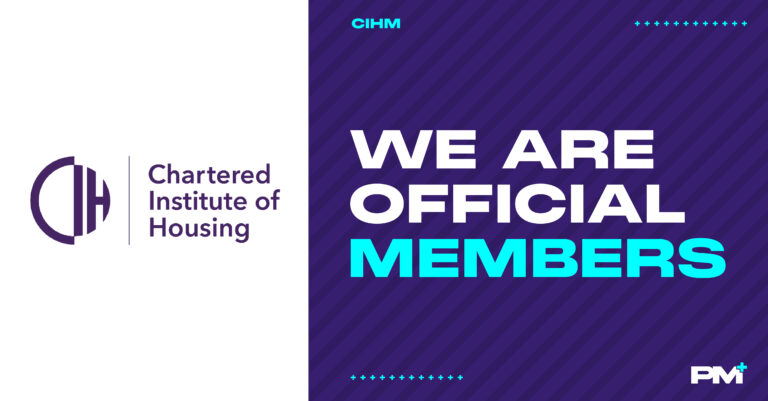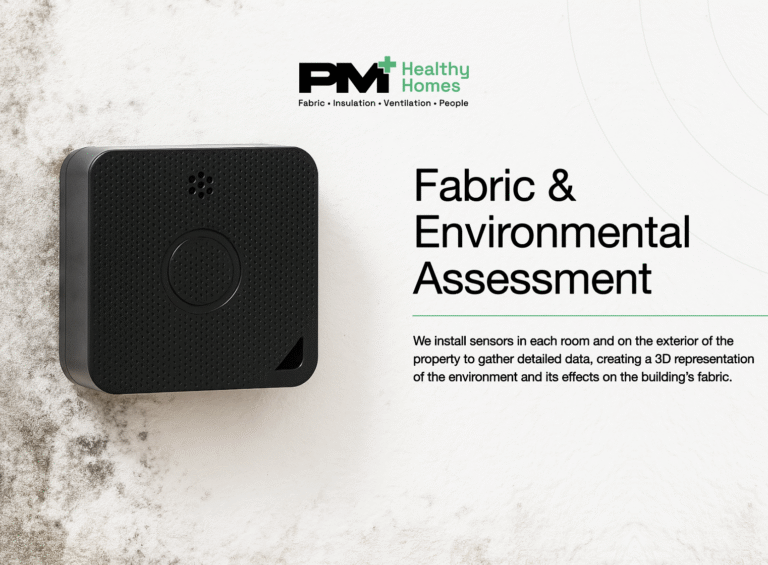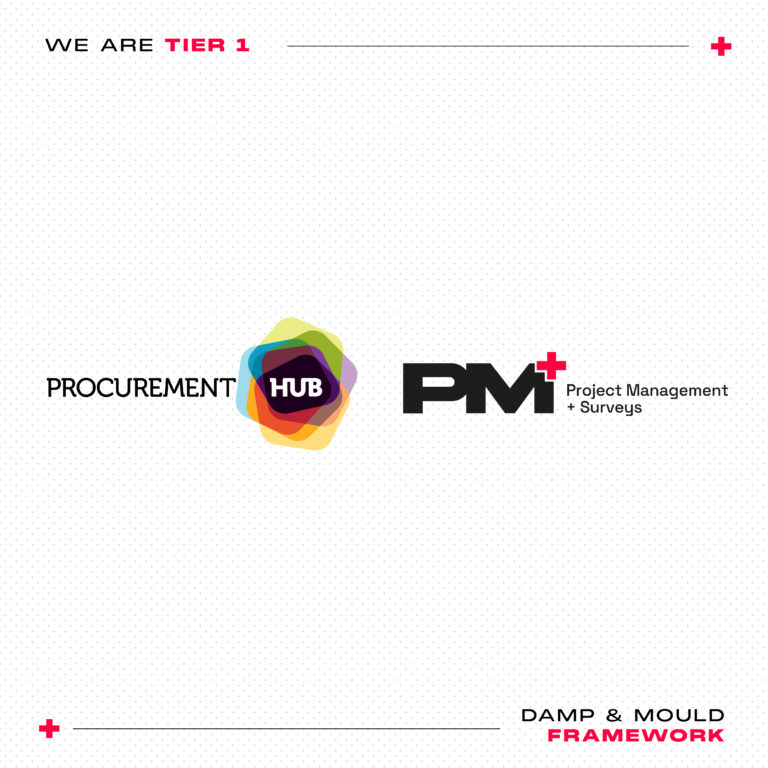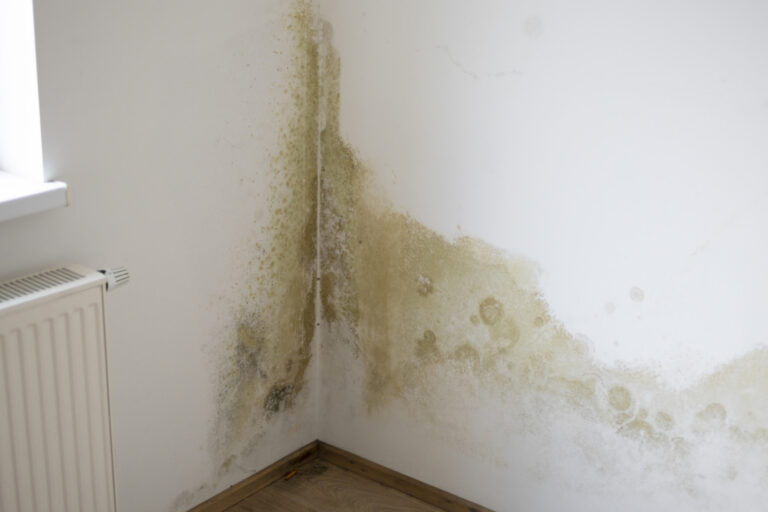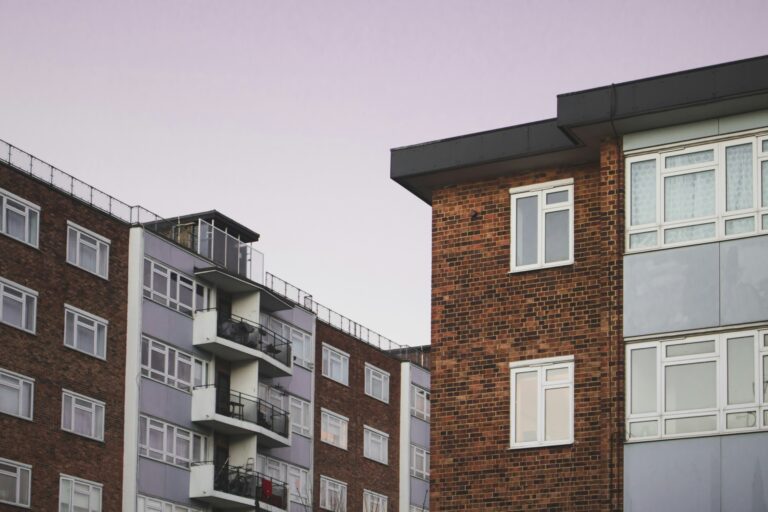Fuel poverty is one of the most critical challenges facing households across the UK. It isn’t just about staying warm—it’s about balancing the cost of heating and lighting homes to maintain a safe and healthy living environment. Too many people are forced to choose between heating their homes and paying for essentials such as food or medicine.

Addressing fuel poverty demands a unified effort from housing providers, government bodies, and society as a whole. At PM+, we believe everyone has a role to play. From improving housing standards to fostering supportive communities, it’s essential to tackle this issue head-on. Our environmental air monitoring services help identify homes at risk of fuel poverty, providing actionable data to inform solutions.
In this blog, we’ll explore how housing providers, society, and the government can share responsibility in combating this growing issue.
Housing Providers: The First Line of Defence
Housing providers have a unique opportunity to address fuel poverty by ensuring their properties are energy-efficient, safe, and warm. Poor insulation, outdated heating systems, and high energy bills are key factors driving this issue. Without intervention, tenants face ongoing challenges, including health risks during colder months.
What Housing Providers Can Do
- Upgrade Energy Efficiency: Improvements such as modern heating systems, double glazing, and better wall insulation can drastically reduce heating costs. These upgrades not only prevent fuel poverty but also create more sustainable housing.
- Support and Educate Tenants: Many tenants hesitate to seek help due to stigma or fear of judgment. By creating a supportive environment, housing providers can encourage tenants to ask for assistance. Offering energy-saving advice, signposting financial aid programmes, and fostering open communication are crucial steps.
- Monitor and Identify At-Risk Homes: At PM+, we specialise in environmental air monitoring to assess properties for risks linked to fuel poverty. Using techniques such as heat loss analysis, U-Value measurements, and ventilation checks, we help identify homes needing energy-saving improvements.
- Adopt Safeguarding Policies: A robust safeguarding policy ensures no tenant is overlooked. PM+ works with housing providers to implement measures that prioritise tenant welfare and tackle fuel poverty head-on.
Society’s Responsibility: A Collective Effort
While housing providers take the lead, society also has a role in protecting vulnerable groups disproportionately affected by fuel poverty. These include older adults, young children, and those with health conditions.
How Society Can Help
- Raise Awareness: Fuel poverty is often misunderstood or underestimated. Public awareness campaigns can educate communities on the issue’s causes and consequences, reducing stigma and encouraging those affected to seek help.
- Support Charities and Communities: Organisations providing grants, free insulation, or energy-saving advice are essential. Donations and volunteer support can ensure these initiatives reach those most in need.
- Volunteer and Advocate: Community members can assist tenants by helping them access grants, apply for support schemes, or implement energy-saving measures. Advocacy can also drive legislative changes to prioritise affordable heating for all.
The Government’s Responsibility: Policy and Action
The government is pivotal in eradicating fuel poverty by implementing policies and providing financial support. Strong legislation and well-designed programmes can make energy-efficient homes the norm.
What the Government Can Do
- Strengthen Legislation: Enforcing energy performance standards for homes ensures housing stock meets efficiency requirements, reducing the prevalence of fuel poverty.
- Expand Financial Support: Schemes like the Warm Home Discount and Winter Fuel Payments are lifelines for struggling households. Expanding eligibility and outreach efforts ensures aid reaches the most vulnerable.
- Incentivise Energy Efficiency: Grants or low-cost loans for insulation, heating upgrades, and energy-efficient appliances encourage housing providers to make necessary improvements.
- Monitor and Report on Fuel Poverty: Ongoing data collection helps track the effectiveness of policies, identify gaps, and refine strategies to target at-risk households.
Breaking Down Barriers to Seeking Help
A significant obstacle in addressing fuel poverty is the stigma attached to seeking assistance. Many people feel embarrassed or unsure about navigating complex application processes for support schemes.
Reducing this stigma requires collaborative efforts from housing providers, society, and government. By promoting openness and understanding, we can ensure that asking for help is seen as a strength, not a weakness.
Conclusion: Collaboration is Key
Fuel poverty is a complex issue that requires coordinated action. Housing providers, society, and the government must work together to create energy-efficient homes, reduce stigma, and provide support where it’s needed most.
At PM+, we’re committed to helping housing providers identify and address fuel poverty through advanced environmental air monitoring. By working together, we can ensure that homes across the UK are warm, affordable, and sustainable.
Contact PM+ today to learn how we can support your efforts to tackle fuel poverty and create healthier living environments for everyone.


